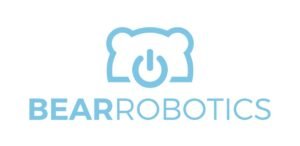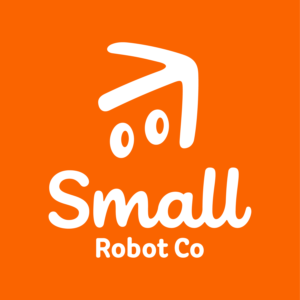The food industry has been seeing a significant shift in recent years with the rise of foodtech startups that are using robotics to revolutionize various aspects of the food industry. From automating farming processes such as planting and harvesting, to cooking and delivering food, these startups are leveraging the latest advancements in robotics and artificial intelligence to improve efficiency, food safety, and the overall customer experience.
Research indicates that the global food robotics market is expected to reach $4.97 billion by 2026, growing at a CAGR of 11.5% from 2020 to 2026. These numbers reflect the increasing adoption of robotics in various areas of the food industry such as agriculture, food processing, packaging, and food service.
Automation, with its capacity to relieve workers of tedious and repetitive tasks, enables them to channel their focus and time toward more crucial responsibilities that necessitate higher levels of critical thinking. For instance, in agriculture, automation can play a pivotal role by improving crop yields, enhancing efficiency, and mitigating labor costs.
Similarly, within food processing, robots emerge as valuable assets, capable of managing hefty loads, thriving in demanding environments, and executing tasks with impeccable precision. Moreover, the food service sector is witnessing a notable surge in the adoption of robots to tackle various duties, ranging from cooking and food preparation to the final stages of delivery.

Cafex Technologies is a foodtech startup that uses robotics to improve the food service industry. They have developed an autonomous robot called “Cafex” a cutting-edge, fully automated robotic system that crafts delicious hot and cold beverages within an enclosed kiosk. The menu is extensive and includes a wide range of options, from classic coffee drinks to unique blends such as matcha, teas, and juices. It can take orders, serve food, and even clean up, which can greatly improve the customer experience and free up staff to focus on other tasks.

Bear Robotics is a foodtech startup that utilizes robotics to improve the restaurant industry. They have developed a robot called “Penny” that can take orders, serve food and even clean up, which can greatly improve the customer experience and free up staff to focus on other tasks.
They have distributed over 5,000 of its Servi food service robots, which transport food and beverages from the kitchen to tables using multiple trays, and have formed alliances with well-known companies in the industry such as Denny’s, Chili’s, and Pepsi.

Starship Technologies is using autonomous delivery robots to revolutionize local delivery. Delivering items such as groceries, food takeaways, and packages, Starship now operates in over 30 locations across the world.
Launched in 2014 by Skype co-founders, Ahti Heinla and Janus Friis, they now have delivery robots completing tens of thousands of autonomous deliveries every day. Autonomous delivery is no longer a future concept – and they believe robots are vital in solving last-mile delivery challenges. In total, Starship delivery robots have completed over 5 million autonomous deliveries – the first and only robot delivery company to do so!
SavorEat is a foodtech startup that creates meat alternative products using a combination of robotics, 3D printing technology, and non-GMO plant-based ingredients. The company’s chef robot creates and cooks meatless products according to customers’ preferences and uses proprietary 3D printing technology to create different textures that replicate meat.
SavorEat aims to provide a plant-based alternative that has the same taste, texture, and experience as meat and is tailored to customers’ specific tastes, diets and lifestyles. The company’s innovative approach to meat alternatives promises to change the way people think about plant-based products and provide a healthier and sustainable alternative to traditional meat.
Small Robot Company is an ag-tech startup that aims to make food production sustainable through the use of robotics and artificial intelligence. They have developed a system of small robots that can plant, tend, and harvest crops with precision, which not only increases efficiency but also reduces the need for human labor.
They invented a new approach called “Per Plant Farming” which involves using autonomous robots to collect data on each individual plant and using that data to gain insights at a field scale. This approach can help farmers build a detailed picture of crop health. Their autonomous mapping and monitoring system is named “Tom”, digitizing the field, locating every single plant, and providing a robust farming machine that is lightweight and reduces soil compaction.
To sum up, the food industry is seeing a significant shift with the rise of foodtech startups that are using robotics to revolutionize various aspects of the industry. These startups are leveraging the latest advancements in robotics and artificial intelligence to improve efficiency, food safety, and the overall customer experience. These innovations have the potential to greatly improve the food industry and provide a sustainable and efficient solution for the future.


